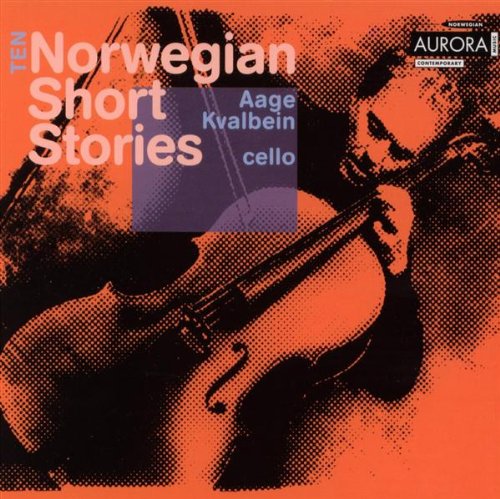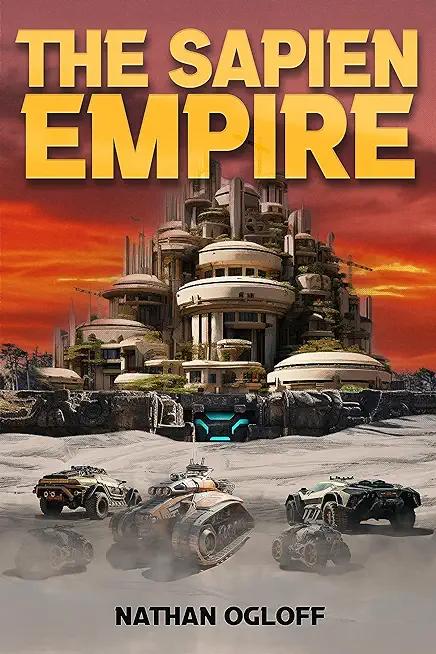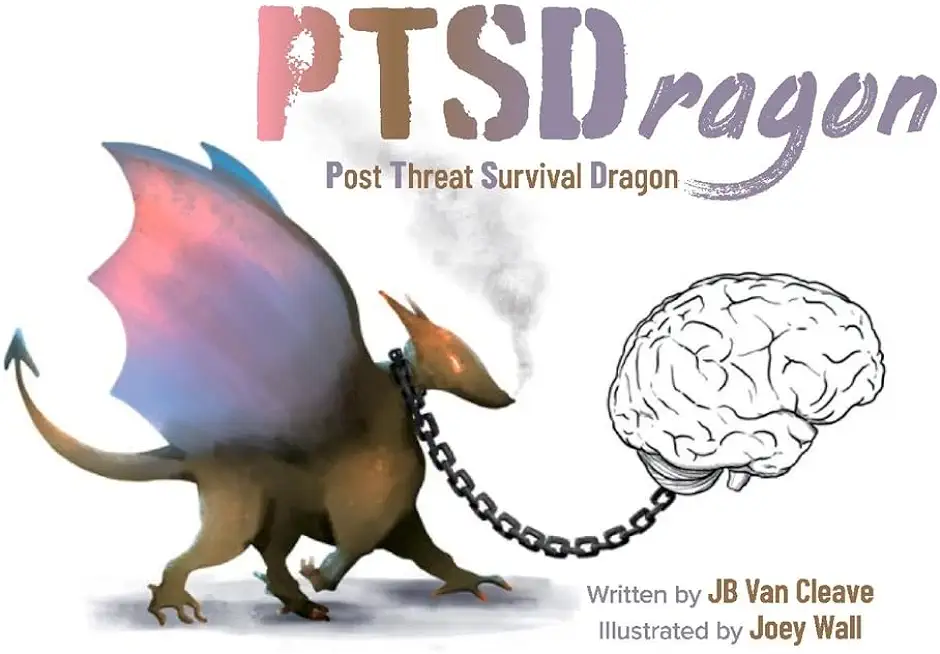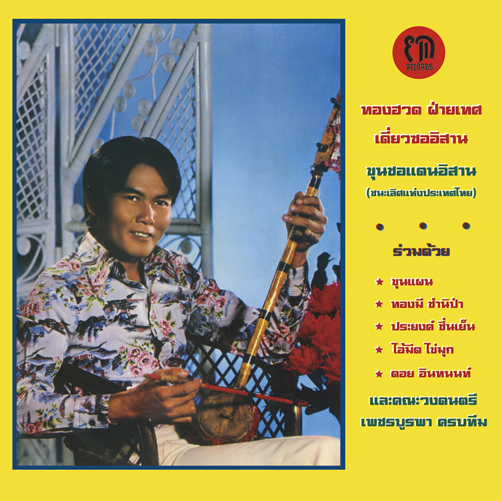
Gilbert, Chris
product information
description
ezuela's most innovative socialist project, with important lessons for movements worldwide
Commune or Nothing! Venezuela's Communal Movement and Its Socialist Project opens a window on one of the most ambitious revolutionary projects of our time, as it took shape in a country suffering the cruel consequences of US imperialism. In recent years, repeated coup attempts and U.S. sanctions, combined with falling oil prices, have plunged Venezuela into a series of severe shortages leading to malnutrition, sickness, death, and mass migration. Still, as author Chris Gilbert shows, the Venezuelan people have not been passive in the face of these attacks. Resisting the pressures of capitalism, a significant segment of the population persists in pursuing the strategy for socialist construction that Hugo Chávez developed in his final years in dialogue with the popular movement. That strategy consists in building socialism with the commune as "its basic cell." Gilbert's account gives readers a front-row seat on the country's communal movement as he chronicles the efforts of grassroots initiatives and gives voice to the communards living and working in communes such as El Panal, El Maizal, Che Guevara, and Luisa Cáceres. He blends these firsthand accounts of communal construction with theoretical reflections and historical insights. The central story of the book is how Venezuelan communes bring people together to democratically determine their ways of living and working, thus generating a new, non-alienated social metabolism that the communes also work to extend to the whole society. Along the way, readers learn how Venezuela's communal project draws inspiration from advanced Marxist theory--including the innovative work of István Mészáros--and derives from Indigenous and Afro-Venezuelan traditions of communal self-governance. Titled after the battle cry of this heroic movement, " Comuna o Nada!," Commune or Nothing! portrays an expanding network of communes pursuing the strategic goal of--not only overcoming the entire capitalist economy--but transcending the state formations upon which the capital system relies. The communal project in Venezuela has proven the viability of its model of all-round human emancipation as an alternative to the increasingly exploitative, destructive, and unsustainable capital system. For this reason, Commune or Nothing!, like the trailblazing movement it depicts, offers important lessons not only regarding the construction of socialism in Venezuela, but for socialist praxis worldwide.
Commune or Nothing! Venezuela's Communal Movement and Its Socialist Project opens a window on one of the most ambitious revolutionary projects of our time, as it took shape in a country suffering the cruel consequences of US imperialism. In recent years, repeated coup attempts and U.S. sanctions, combined with falling oil prices, have plunged Venezuela into a series of severe shortages leading to malnutrition, sickness, death, and mass migration. Still, as author Chris Gilbert shows, the Venezuelan people have not been passive in the face of these attacks. Resisting the pressures of capitalism, a significant segment of the population persists in pursuing the strategy for socialist construction that Hugo Chávez developed in his final years in dialogue with the popular movement. That strategy consists in building socialism with the commune as "its basic cell." Gilbert's account gives readers a front-row seat on the country's communal movement as he chronicles the efforts of grassroots initiatives and gives voice to the communards living and working in communes such as El Panal, El Maizal, Che Guevara, and Luisa Cáceres. He blends these firsthand accounts of communal construction with theoretical reflections and historical insights. The central story of the book is how Venezuelan communes bring people together to democratically determine their ways of living and working, thus generating a new, non-alienated social metabolism that the communes also work to extend to the whole society. Along the way, readers learn how Venezuela's communal project draws inspiration from advanced Marxist theory--including the innovative work of István Mészáros--and derives from Indigenous and Afro-Venezuelan traditions of communal self-governance. Titled after the battle cry of this heroic movement, " Comuna o Nada!," Commune or Nothing! portrays an expanding network of communes pursuing the strategic goal of--not only overcoming the entire capitalist economy--but transcending the state formations upon which the capital system relies. The communal project in Venezuela has proven the viability of its model of all-round human emancipation as an alternative to the increasingly exploitative, destructive, and unsustainable capital system. For this reason, Commune or Nothing!, like the trailblazing movement it depicts, offers important lessons not only regarding the construction of socialism in Venezuela, but for socialist praxis worldwide.
member goods
No member items were found under this heading.
listens & views

TEN NORWEGIAN SHORT STORIES
by ASHEIM / BIBALO / BJORKLUND / AAGE KVALBEIN
COMPACT DISCout of stock
$17.99

KOL NIDRE: EIGHT VISIONS / ...
by KOL NIDRE: EIGHT VISIONS / VARIOUS (JEWL)
COMPACT DISCout of stock
$14.75
Return Policy
All sales are final
Shipping
No special shipping considerations available.
Shipping fees determined at checkout.





